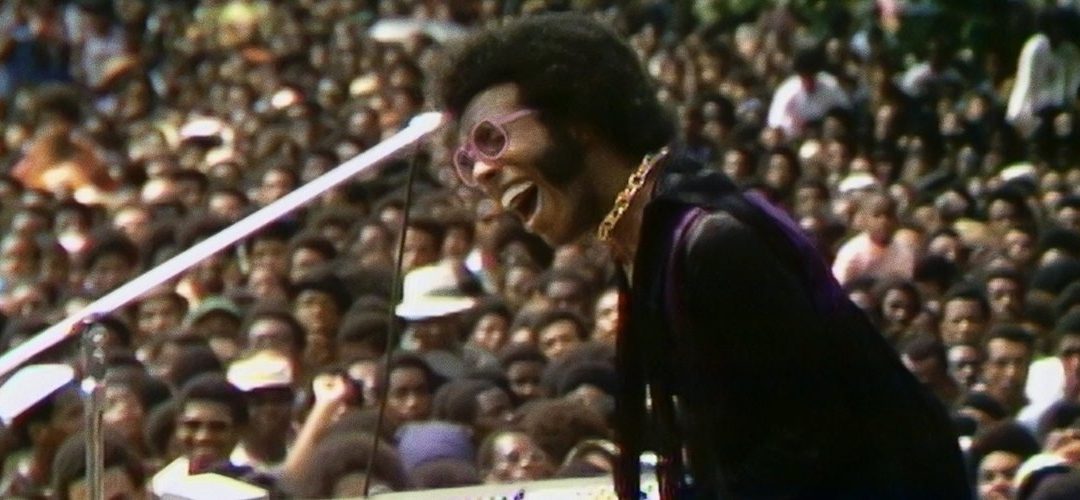“Summer of Soul”: 3 1/2 Stars out of 4
It’s a fascinating story: an all-star music festival from the summer of 1969, set in Harlem at a critical juncture in black history, lost to history for fifty years.
Until now.
“Summer of Soul (or, When the Revolution Could Not Be Televised)” is a godsend for classic soul fans, and for anyone who has a soft spot for rescued footage documentary features like 2020’s “The Last Dance” or “The Rolling Stones Rock and Roll Circus.” Drummer-turned-film director Ahmir-Khalib “Questlove” Thompson’s debut feature has taken what for many was the best thing about the summer of 1969, and made it one of the best things about the summer of 2021.
The film documents the six shows of the Harlem Cultural Festival. Shot by director Hal Tulchin in the summer of 1969 at then-Mount Morris Park, the footage was shelved when the filmmaker couldn’t find a taker for the project, and resurrected by Thompson five decades later. Over 117 minutes, the film highlights an all-star lineup of the best soul, R&B, and blues musicians of the late 1960’s, including Stevie Wonder, B.B. King, and Sly and the Family Stone.
Tulchin’s footage is up close and personal, splashing images of performers and attendees with bright colors aided by a west-facing stage (the film notes that the stage was set up to take advantage of the sunlight, since the production didn’t have the budget for high-end lighting). And the music is so good you’ll be hoping for a soundtrack to accompany the film’s release.
With content this solid, Thompson could have just put out a two-hour music montage and struck gold. But for context, the director adds various interviews and other content that add perspective and understanding on the festival, which took place alongside the Apollo moon landing and just before the more-celebrated Woodstock festival just upstate.
The commentary steers alongside the performances, tapping into the gospel highs of Mavis Staples joining Mahalia Jackson to sing “Precious Lord, Take My Hand,” celebrating Sly Stone’s multi-racial and gendered psychedelic funk outfit The Family Stone, and ending with the more tense and political messaging from Nina Simone at a time when the black community was reeling from the assassination of Martin Luther King Jr. only a year before. Thankfully, many of the artists involved—including Staples and Stevie Wonder—are on hand to add their reflections on the experience.
Altogether, “Summer of Soul (or, When the Revolution Could Not Be Televised)” is a brilliant time capsule that captures the wonderful music and complex tensions of its time. It is rated PG-13 for some profanity and adult content.

